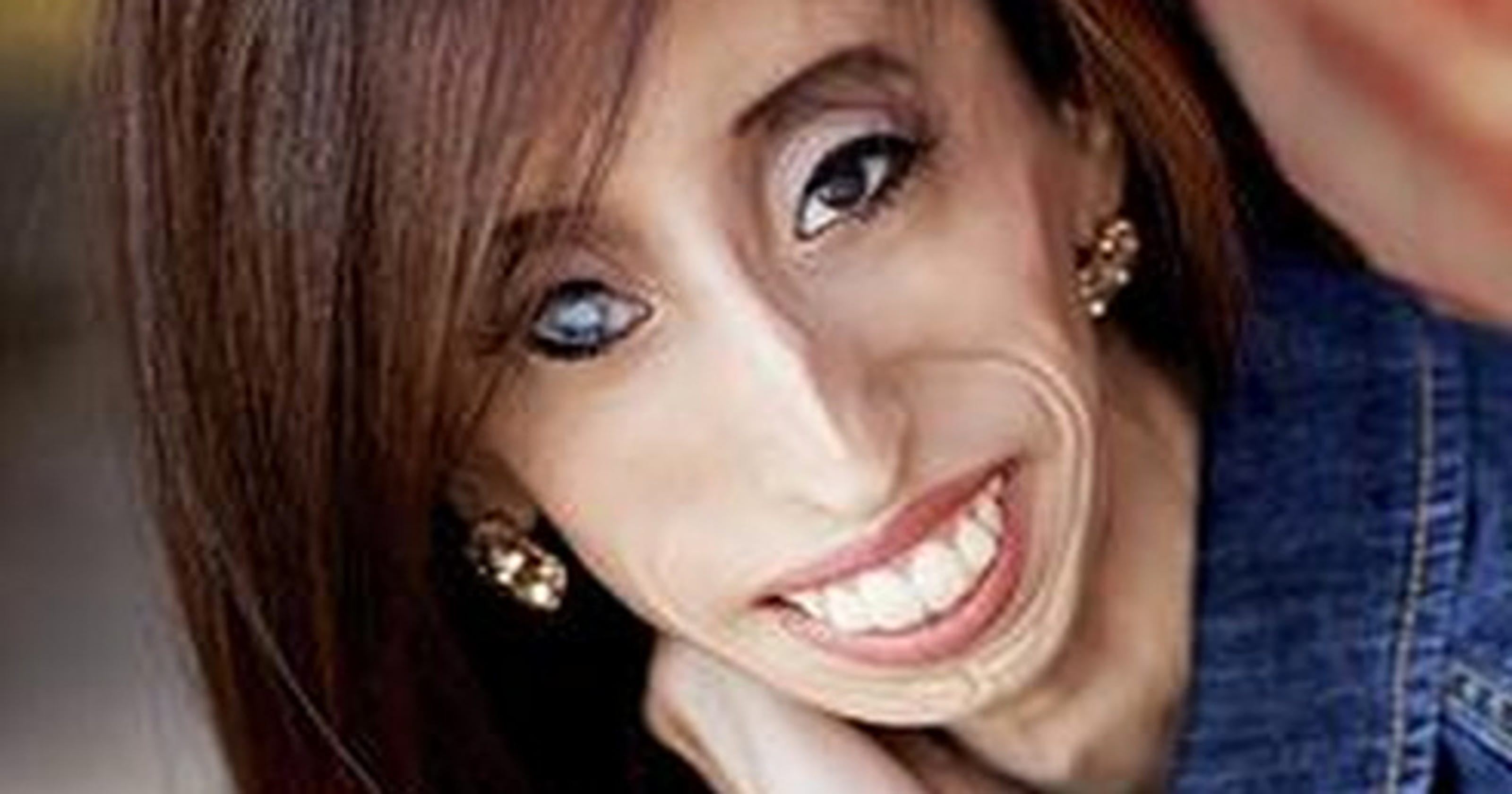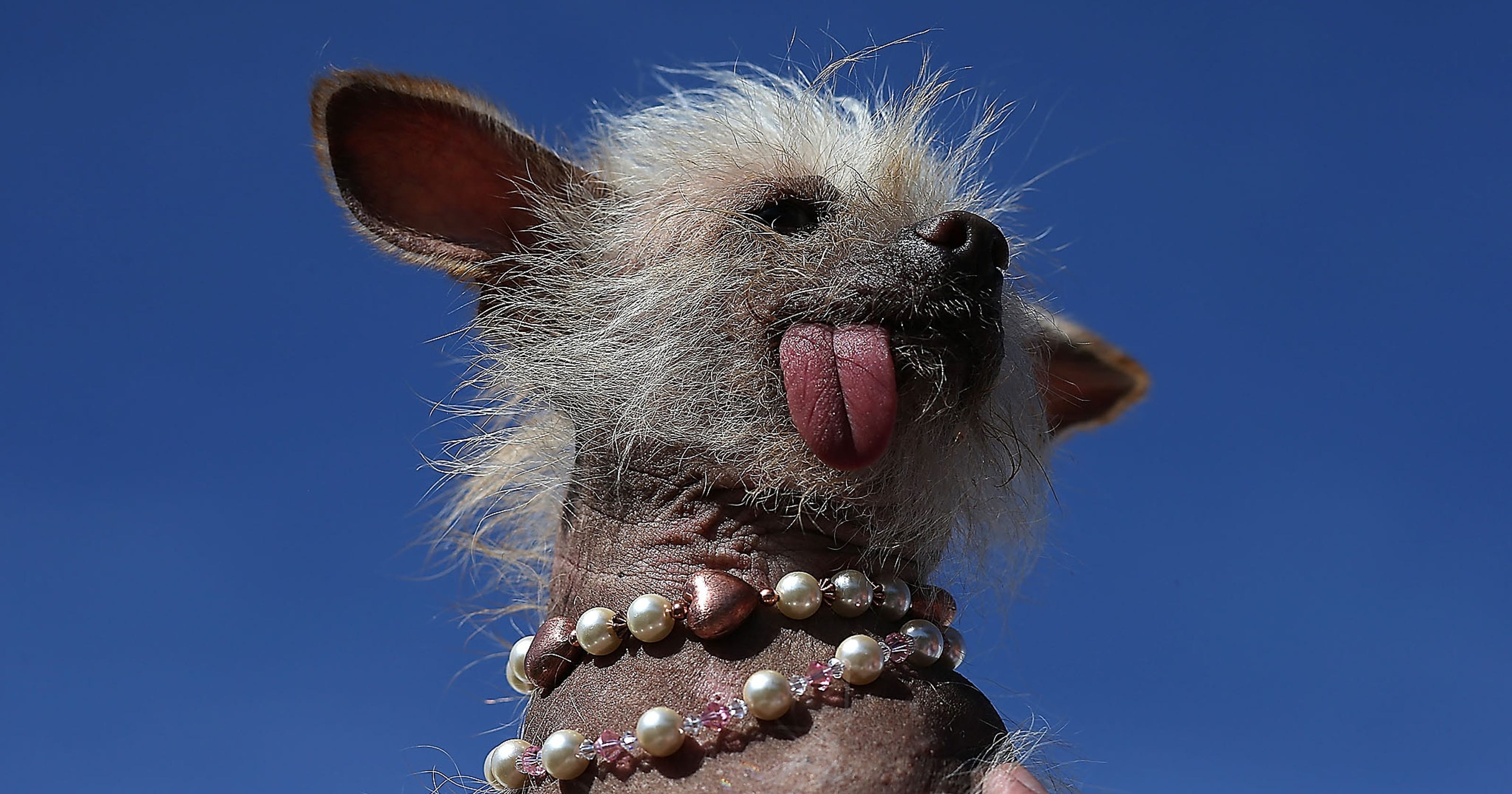Let me tell you something wild right off the bat. The idea of "the most ugliest man in the world" might sound like a bizarre concept, but it's one that dives deep into human psychology, societal norms, and how we perceive beauty. It’s not just about looks; it’s about the stories behind those faces, the struggles they face, and how they’ve overcome them. This isn’t just a random topic—it’s an exploration of humanity at its core. So buckle up, because we’re about to take a deep dive into a world where ugliness is redefined.
Now, before you think this is all doom and gloom, let me assure you—it’s not. This story is about more than just appearances. It’s about resilience, acceptance, and breaking stereotypes. We live in a world obsessed with beauty standards, but what happens when someone doesn’t fit those standards? How do they navigate life, and how do others treat them? That’s exactly what we’re going to explore today.
This isn’t just a sensational story; it’s a chance to challenge our own biases and understand the human condition better. So whether you’re here out of curiosity or genuine interest, I promise you’ll leave with a fresh perspective on what it means to be “ugly.” Let’s get started, shall we?
Table of Contents
- Biography: Who Is He?
- How Perception Shapes Reality
- A Brief History of Ugliness
- Society's Role in Defining Beauty
- Struggles Faced by the Ugliest Man
- Overcoming the Odds
- Fame: A Double-Edged Sword
- The Psychology Behind Ugliness
- Impact on Mental Health
- Conclusion: Redefining Beauty
Biography: Who Is He?
Let’s start with the man himself. The title of "the most ugliest man in the world" has been attributed to several individuals over the years, but one name stands out—Maximilian Madzharov. Born in Bulgaria, Maximilian gained international attention after being labeled as the "world’s ugliest man" by the media. But there’s so much more to his story than just the headlines.
Early Life and Background
Maximilian was born in a small town in Bulgaria, where life wasn’t easy for him from the start. His unique appearance, caused by a rare genetic condition, set him apart from others at a young age. Instead of shying away from the world, Maximilian embraced his differences and used them as a platform to challenge societal norms.
Here’s a quick breakdown of his early life:
- Born in 1973 in Bulgaria
- Grew up in a modest family
- Diagnosed with a rare genetic condition that affected his facial structure
- Faced bullying and discrimination throughout his childhood
Personal Data
| Name | Maximilian Madzharov |
|---|---|
| Birthplace | Bulgaria |
| Occupation | Public Figure, Model |
| Claim to Fame | World’s Ugliest Man |
| Genetic Condition | Rare genetic disorder affecting facial structure |
How Perception Shapes Reality
Perception is everything, and when it comes to appearance, it can shape our reality in ways we don’t even realize. The concept of beauty has evolved over centuries, but it’s still deeply rooted in societal norms and cultural expectations. So how do we define ugliness, and why does it matter?
Let’s break it down. Beauty is often seen as symmetry, proportion, and a certain level of "perfection." But ugliness? Well, that’s where things get tricky. Ugliness is subjective—it’s not just about physical appearance but also about how society perceives it. And let’s be honest, society can be brutal sometimes.
Breaking Down Bias
We all have biases, whether we like to admit it or not. When we see someone who looks different, our initial reaction might be shock or discomfort. But why? Is it because we’re taught to value certain traits over others? Or is it something deeper, rooted in our primal instincts?
Studies show that people with unconventional appearances often face discrimination in various aspects of life, from job opportunities to social interactions. But here’s the thing—looks don’t define a person’s worth. And Maximilian Madzharov is living proof of that.
A Brief History of Ugliness
Ugliness isn’t a new concept. Throughout history, societies have had their own definitions of beauty and ugliness, and they’ve used those definitions to shape culture and even politics. From ancient civilizations to modern times, the way we perceive ugliness has changed, but the stigma remains.
For example, in ancient Greece, physical perfection was celebrated, and those who didn’t meet those standards were often ostracized. Fast forward to today, and we still see echoes of those attitudes in our media, advertising, and even politics. But why does it persist?
Cultural Differences in Perceiving Ugliness
Interestingly, different cultures have different interpretations of ugliness. While some might see a certain feature as unattractive, others might find it fascinating or even beautiful. This highlights the importance of cultural diversity and understanding in breaking down these biases.
So how do we move forward? By recognizing that beauty comes in all shapes and sizes—and so does ugliness. It’s not about conforming to societal standards; it’s about embracing individuality and celebrating differences.
Society's Role in Defining Beauty
Society plays a huge role in shaping our perceptions of beauty and ugliness. From the media to Hollywood, we’re bombarded with images of "perfect" people every day. But what happens when someone doesn’t fit that mold? They’re often dismissed, ignored, or worse—mocked.
Take a look at social media, for example. Platforms like Instagram and TikTok are filled with influencers promoting a certain aesthetic, and while it’s great to celebrate beauty, it also creates unrealistic expectations. But here’s the thing—ugliness can be just as powerful, if not more so, when it’s used to challenge those expectations.
Breaking the Mold
Maximilian Madzharov didn’t let society’s definition of beauty dictate his life. Instead, he used his unique appearance to challenge stereotypes and inspire others. By embracing his differences, he showed the world that ugliness doesn’t have to be a limitation—it can be a strength.
This isn’t just about him, though. It’s about all of us recognizing that beauty isn’t one-dimensional. It’s about embracing diversity and celebrating the things that make us unique.
Struggles Faced by the Ugliest Man
Being labeled as the "world’s ugliest man" isn’t easy. Maximilian faced countless challenges throughout his life, from bullying to discrimination. But instead of letting those struggles define him, he used them as fuel to push forward.
Here are some of the struggles he faced:
- Bullying during childhood
- Difficulty finding employment due to his appearance
- Public ridicule and media scrutiny
- Struggles with self-esteem and mental health
Turning Pain into Power
Maximilian’s story is a testament to the power of resilience. Instead of letting the world tear him down, he stood tall and used his experiences to inspire others. He became a model, an activist, and a symbol of hope for those who feel like they don’t fit in.
This isn’t just about him, though. It’s about all of us recognizing the struggles that others face and doing our part to create a more inclusive and accepting world.
Overcoming the Odds
So how did Maximilian overcome the odds? It wasn’t easy, but he did it through sheer determination and a refusal to let society dictate his worth. He used his platform to challenge stereotypes, promote body positivity, and inspire others to embrace their differences.
Here are some ways he overcame his struggles:
- Embracing his unique appearance
- Becoming a public figure and model
- Using his story to educate and inspire others
- Building a community of supporters and fans
The Power of Positivity
Maximilian’s journey is a powerful reminder that positivity can overcome even the toughest challenges. By focusing on his strengths and using his experiences to inspire others, he proved that ugliness doesn’t have to define someone’s life. It can be a source of strength and inspiration.
Fame: A Double-Edged Sword
Fame isn’t all glitz and glamour, especially when it’s based on something as superficial as appearance. While Maximilian’s fame brought him opportunities and a platform to share his story, it also came with its own set of challenges. From media scrutiny to public criticism, he faced it all with grace and resilience.
But here’s the thing—fame can be a powerful tool when used for good. By using his platform to challenge stereotypes and promote acceptance, Maximilian showed the world that ugliness can be just as impactful as beauty.
Using Fame for Good
Maximilian didn’t let his fame go to waste. He used it to promote body positivity, challenge societal norms, and inspire others to embrace their differences. Through interviews, social media, and public appearances, he became a voice for those who felt invisible.
This isn’t just about him, though. It’s about all of us recognizing the power of fame and using it to create positive change.
The Psychology Behind Ugliness
So why do we perceive ugliness the way we do? The answer lies in psychology. From an early age, we’re taught to value certain traits over others, and those lessons stick with us throughout our lives. But what happens when someone doesn’t fit those standards? How does it affect their mental health and self-esteem?
Studies show that people with unconventional appearances often face higher rates of anxiety, depression, and self-esteem issues. But here’s the thing—those feelings don’t have to define them. With the right support and mindset, they can overcome those challenges and thrive.
Building Resilience
Resilience is key when it comes to overcoming the challenges of being labeled as "ugly." By focusing on their strengths and surrounding themselves with supportive people, individuals can build the resilience they need to face the world. And that’s exactly what Maximilian did.
Impact on Mental Health
The impact of being labeled as "ugly" can be devastating on mental health. From bullying to social isolation, those who don’t fit societal beauty standards often face a unique set of challenges. But with the right support and mindset, they can overcome those challenges and thrive.
Maximilian’s story is a powerful reminder that mental health matters. By prioritizing self-care and building a supportive community, he showed the world that ugliness doesn’t have to define someone’s life.
Seeking Support
If you or someone you know is struggling with self-esteem or mental health issues, it’s important to seek support. Whether it’s through therapy, counseling, or simply talking to a trusted friend, there are resources available to help you through tough times.
Conclusion: Redefining Beauty
In conclusion, the story of the "world’s ugliest man" is more than just a sensational headline. It’s a powerful reminder that beauty comes in all shapes and sizes—and so does ugliness. By embracing our differences and challenging societal norms, we can create a world that celebrates individuality and diversity.
Maximilian Madzharov’s journey is a testament to the power of resilience, positivity, and determination. He didn’t let society’s definition of beauty dictate his life; instead, he used his unique appearance to challenge stereotypes and inspire others. And that’s a lesson we can all learn from.



Detail Author:
- Name : Dax Zemlak
- Username : marguerite26
- Email : zconn@yahoo.com
- Birthdate : 1994-07-19
- Address : 7751 Cali Harbors Suite 376 South Delaneyville, MO 51344-2036
- Phone : 269.524.9451
- Company : Kutch, Baumbach and Lesch
- Job : Travel Guide
- Bio : Mollitia nobis aut ducimus soluta odit ut blanditiis. Quasi nostrum qui rerum voluptates esse id et molestias. Sunt a enim cum vitae quia.
Socials
tiktok:
- url : https://tiktok.com/@barrystrosin
- username : barrystrosin
- bio : Enim et incidunt inventore quis doloremque et quasi.
- followers : 5560
- following : 2511
facebook:
- url : https://facebook.com/barry_strosin
- username : barry_strosin
- bio : Libero possimus cupiditate est et occaecati enim adipisci consectetur.
- followers : 6608
- following : 2641
twitter:
- url : https://twitter.com/barry_strosin
- username : barry_strosin
- bio : Quis mollitia molestiae sed culpa quasi ut. Eaque magni facilis et eveniet sapiente. Fuga quaerat itaque porro minus nisi. Ipsa asperiores quos et vero.
- followers : 6167
- following : 2715